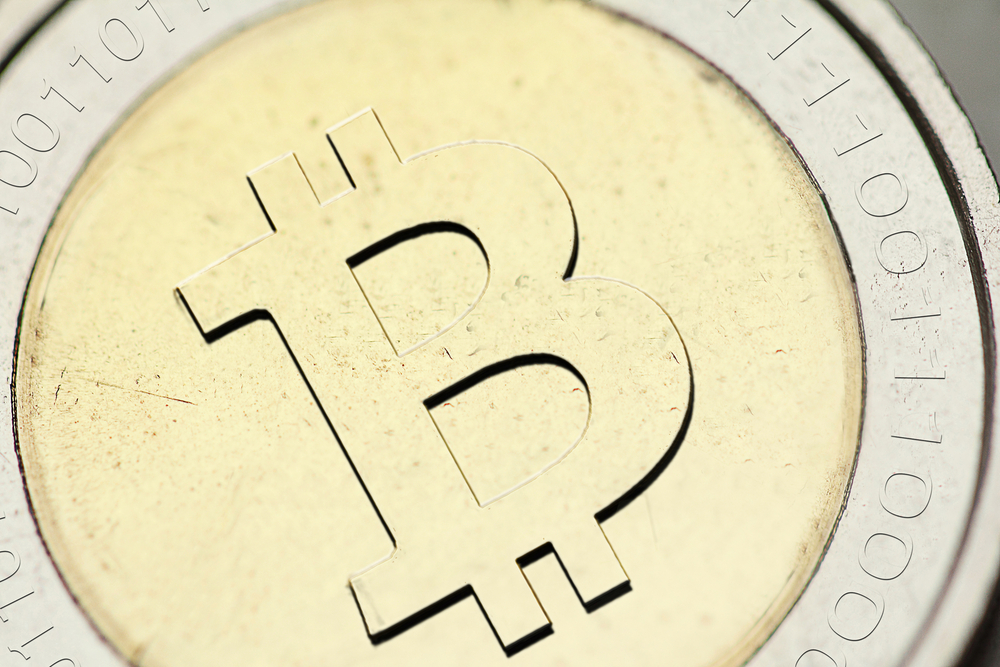Financial Times Writer Calls Bitcoin A “Pyramid Scheme”

Dan McCrum was only mostly wrong in his factual assertions about Bitcoin recently.
It was a bit sad to see someone demonstrate such little actual understanding, but deliver such an offensive opinion about Bitcoin. To his credit, McCrum did interview at least one mining pool operator for his article, but nevertheless managed to even get that person consider the idea that Bitcoin is a pyramid scheme. This idea has been debunked for so many years that it’s irrelevant. But here we are:
Bobby Lee, head of BTCC, the largest bitcoin exchange in China, argues its use for everyday transactions makes it a currency, and is frank about its price, saying “the reason bitcoin has value today is scarcity, that is all”. […] He also agrees bitcoin has the character of pyramid scheme, but compares it with bubbles in housing markets, which might also appear pyramidical. […] He adds: “It all comes down to what we think of a pyramid scheme. Is that a good thing, or a bad thing?”
Throughout the article, which starts out talking about the recent viral scam, MMM, which has decided to use bitcoins as a currency rather than Euros or anything else, Bitcoin is called a pyramid scheme. Simply because people are evangelical about a technology does not make that technology a scam.
Also read: China’s New National Economic Plan Seeks Innovation
The price of Bitcoin is secondary to the fact that it cannot be stopped, it cannot be erased. Its value may drop to zero, but people on dark markets and others wanting to hold their value in a non-traditional way, they would still use it. That’s where much of the use comes from.
The value, however, on a given day, is largely due to the excessive amounts of trading that take place 24 hours a day with Bitcoin. This did not stop the writer from making a fundamentally foolish assertion:
The inherent flaw of pyramid schemes is that they must always suck in new converts to avoid collapse, and the exponential growth in users is impossible to sustain. Bitcoin shares some of these features. It requires constant evangelism because its value derives from its use.
A Sale in Bitcoin = A Sale of Bitcoin
What he doesn’t acknowledge is that usually a sale in bitcoins equals a sale of bitcoins, which makes sell orders, which typically mean the price is vulnerable to taking a small hit. Now Bitcoin markets are huge at this point, and so it takes some serious effort to bring them down, but nevertheless, the point remains: a sale in bitcoins equals a sale of bitcoins. A sale of bitcoins is a dropping of the price, potentially, because it signals a sale at whatever price the sell column will immediately produce.
To be clear, MMM is a dangerous Ponzi scheme. Other Ponzi schemes take place in Bitcoin all the time. Occasionally, we write about some here. It’s part of the work we like to do, informing people about such things. But for the writer at a reputable publication, this late in the game, to be denigrating Bitcoin as a mere “Ponzi scheme,” well, it’s just not right.
For Bitcoin to be a Ponzi scheme, the early adopters would have to profit by the loss of the new adopters. The fact is that if I buy in at $124 and you buy in at $154, we both profit when the price goes to $300. I may profit a little more, but it’s not based on losses you’re sustaining. The new buyers are more like new buyers of stock than they are new members of a Ponzi scheme, objectively speaking.
Therefore, the article by Dan McCrum was, really, inflammatory and unnecessary. Bitcoin has been around quite awhile now. It seems like, at this point, many of the people reading such a publication probably know more about Bitcoin than the writer appears to. The silly thing he said about the value of Bitcoin isn’t the only thing wrong in the article, however.
The author also mentioned Dogecoin, but failed to acknowledge how much actual value the cryptocurrency carries today. Even at its height, it was nothing compared to others like Litecoin, which started out as just a Bitcoin clone done in Scrypt instead of SHA-256.
It seems there will always be people like McCrum who cannot accept that a currency was born outside the halls of government and needs no government to protect or govern it. It’s a form of digital cash, and while there are hundreds of variants, only a few are truly secure from attack at this point, while the rest are just sort of wandering in the breeze.
Respect for Bitcoin is not a requirement to intelligence, but it seems obvious that many intelligent people do respect it, and understand that it is not a scam. There is no centralized point where someone could overwhelmingly profit from the losses of others, no one place where the master of the scam can collect, so such an assertion rings false.
Images from Shutterstock.